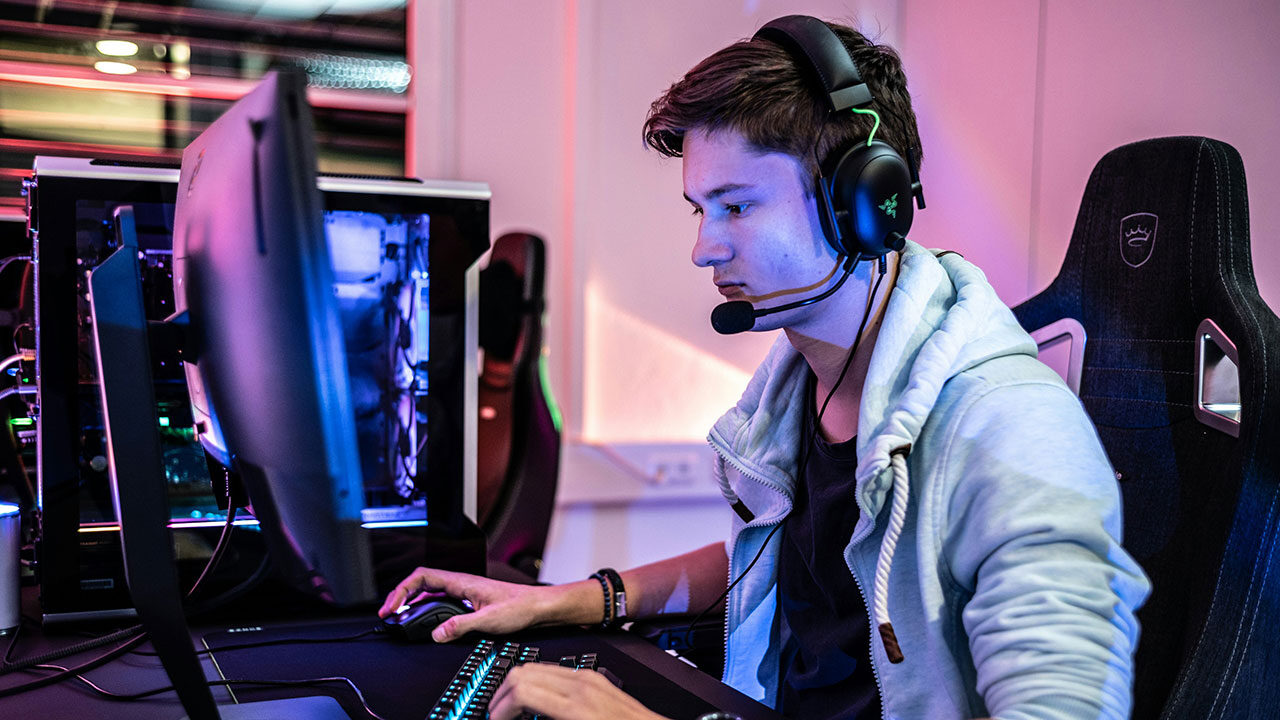
Resource management isn’t just a gaming thing. It’s a life skill that students learn every time they play. Managing inventory in Minecraft or balancing budgets in Civilization VI creates natural learning moments. These digital experiences build thinking patterns that help with school and everyday life.
The Psychology Behind Gaming and Learning
Games create safe spaces to fail. Students can try things, mess up, and try again without real consequences. This builds toughness and smart thinking. When a player runs out of healing potions in The Legend of Zelda, they learn to save resources for big moments. That same logic works for managing time before exams or spreading study hours across subjects.
Players get better at solving problems through gaming. Students who played commercial video games improved in flexibility, creativity, and communication skills. These aren’t just theories. They’re real improvements that show up in just eight weeks of regular play.
The quick feedback in games speeds up learning. Students see what happens when they waste resources right away. They change their approach and try new things. This cycle of choice, result, and change happens faster than in regular classrooms.
Levelling Up Your Studies
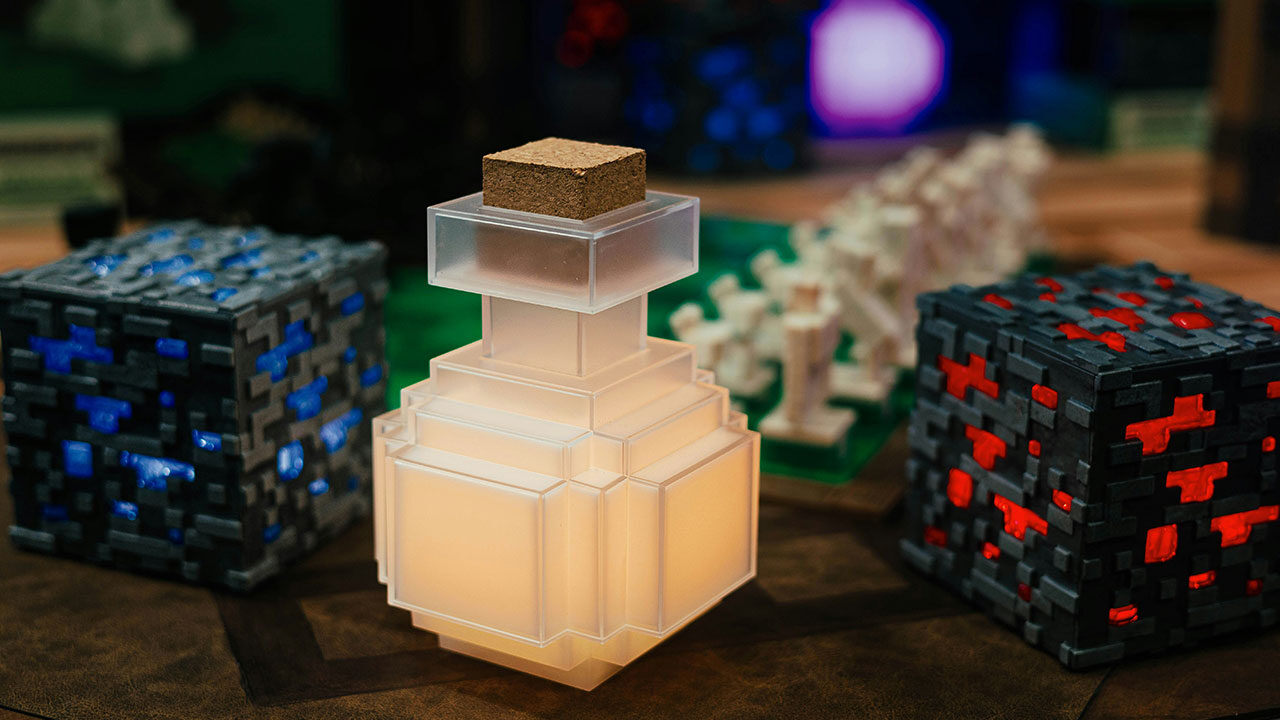
Students who crush resource management games use the same brain for schoolwork. Games teach you to level up, manage what you have, and upgrade smartly. College projects work the same way once you see the pattern. Think of a big assignment like a multi-level game.
Early stages are about collecting basic stuff and learning the mechanics. Middle parts get harder and need combining what you gathered. Break your project into checkpoints. Educational experts at the best literature review writing service reported that students working on larger tasks benefit from structured planning tools to map out their game plan. That ensures each phase builds on the last without overwhelming the player. Finishing each piece unlocks the next challenge. That’s like progressing through worlds in a game.
Games split resources into three types: stuff that comes back, stuff that’s limited, and stuff you use once. Students can use this same system. Your daily energy recharges like health bars. Time in a semester is fixed like inventory slots. Big chances come once like facing a rare boss. Sorting things this way makes it like a strategy you can actually handle.
Real Games Teaching Real Skills
The Oregon Trail started educational gaming in the 1970s. Players managed food, medicine, and money while crossing America. The game taught history alongside resource planning. Modern versions continue this tradition with more depth. Students learn that preparation stops problems and that balanced planning beats hoarding.
Minecraft changed sandbox learning. The game needs no set goals but demands constant resource awareness. Players mine materials, craft tools, and build structures. Each action costs resources and time. Students naturally pick up project management skills. They learn to break big goals into smaller steps. The game’s difficulty modes teach adaptation as resource shortage increases pressure.
Strategy games like Civilization VI and Cities: Skylines model entire societies. Players balance economic growth, population needs, and building development. These games show complex systems where every choice creates effects. Students learn to think ahead and consider long-term results. The games reward planning over quick decisions.
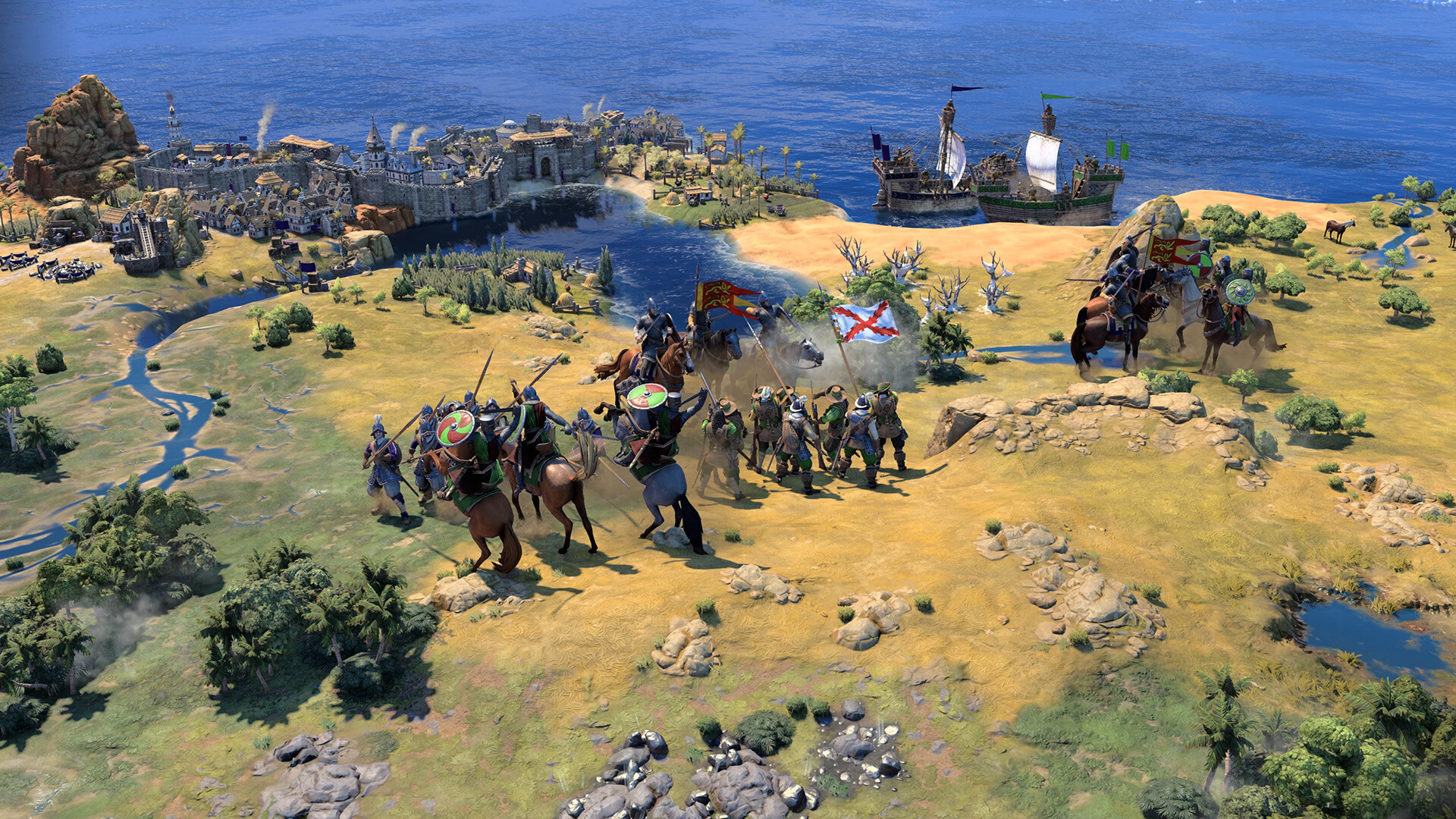
Core Skills Games Develop
Video games build multiple abilities that help directly in school:
- Priority ranking: Players always evaluate which tasks matter most and tackle them in the right order
- Trade-off thinking: Every resource spent on one goal means less for others, teaching natural cost awareness
- Risk handling: Games present calculated risks where students learn to weigh rewards against losses
- Flexible planning: When strategies fail, players must shift quickly and create backup plans
- Patience: Saving powerful items for key moments teaches waiting and strategic timing
- Information juggling: Managing multiple resource streams at once improves mental handling
These skills grow over time. Students who regularly play resource management games show better academic performance across subjects. They approach homework strategically, split study time effectively, and handle project deadlines with more confidence.
Understanding Resource Types
Games teach sorting systems without being obvious. Renewable resources come back over time, like health in many RPGs. Limited resources exist in set amounts but can be found, like boosting gold efficiency or any different materials. One-use items give benefits once and disappear, like potions or special powers. Students unconsciously use these groups for academic resources. They treat daily energy as renewable, semester time as limited, and key chances as one-use.
Building Decision Habits
Resource management games create mental patterns for choices. Players develop rules for when to spend, save, or invest resources. These patterns move to school contexts. Students learn to spot valuable opportunities, avoid wasteful spending, and keep reserves for surprises.
Developing Self-Awareness
Games naturally build awareness of your own thinking. Players constantly check their resource levels and adjust plans. This self-monitoring moves to school settings. Students get better at recognizing their own limits and asking for help early.
The Classroom Integration Challenge
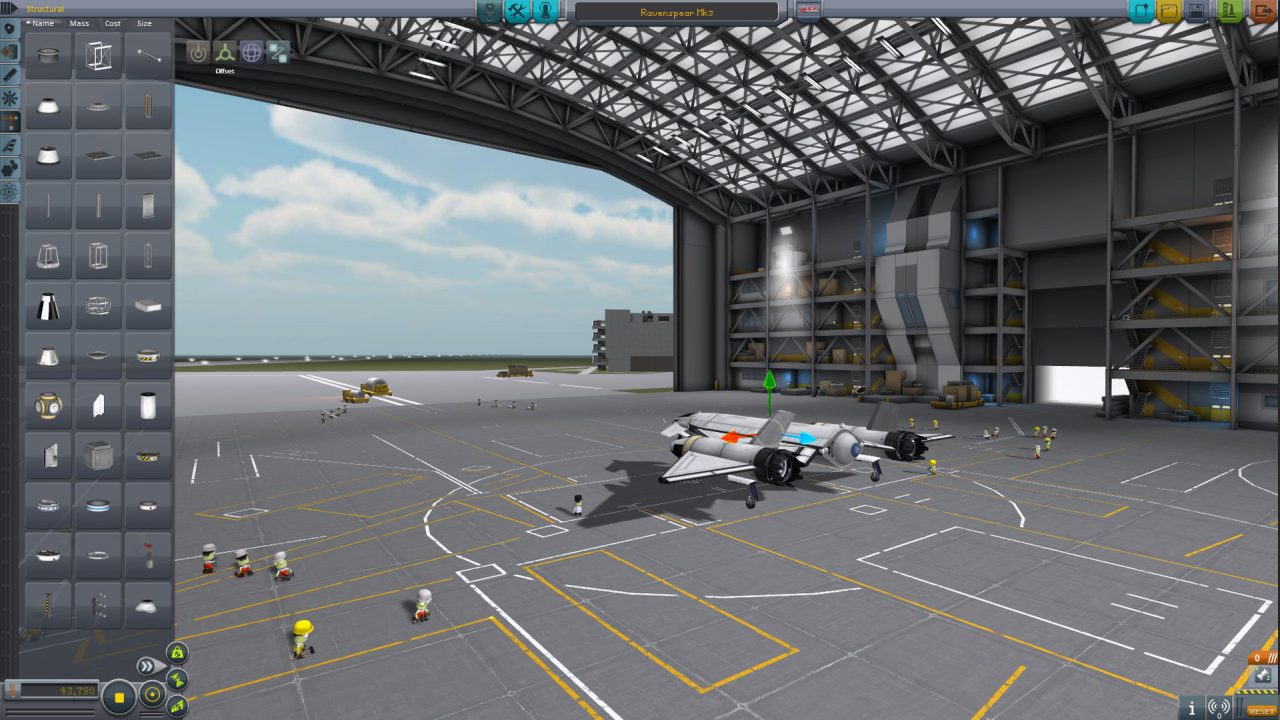
Smart teachers bring games into lessons with great results. Kerbal Space Program teaches physics through spacecraft design. Students manage fuel, mass, and path calculations while learning orbital mechanics. The game makes abstract ideas concrete and testable right away. Failures become learning chances rather than bad grades.
Factorio introduces systems thinking and automation ideas. It has all the principles that a learning game should have, according to Harvard Business School study. Players design production chains, improve logistics, and solve resource blocks. These challenges mirror real engineering and business problems. Students develop thinking skills without traditional coding lessons. The game rewards efficiency and punishes waste, teaching smart resource use naturally.
Schools trying esports programs report surprise academic benefits. Students in competitive gaming programs show better time management, team work, and goal-setting behaviours. The practice schedules and performance reviews used in esports move directly to academic preparation strategies.
From Virtual to Reality
Gaming skills move to real life through several paths. Games create strong mental links between resource management and good outcomes. These links stay outside gaming. Students who master inventory management in The Elder Scrolls V: Skyrim naturally apply similar organizing systems to their school materials and study resources.
Games also make strategic thinking about daily choices normal. Players used to weighing options in Stardew Valley approach real planning with similar thinking. They consider multiple factors, predict outcomes, and choose the best paths. This analytical mindset becomes habit rather than effort.
The social parts of multiplayer games add another layer. Working together on resources in games like Overcooked or Don’t Starve Together teaches communication, sharing tasks, and trust. Students learn to coordinate with teammates, split responsibilities, and support each other’s roles. These teamwork skills directly boost group project performance.
Looking Forward
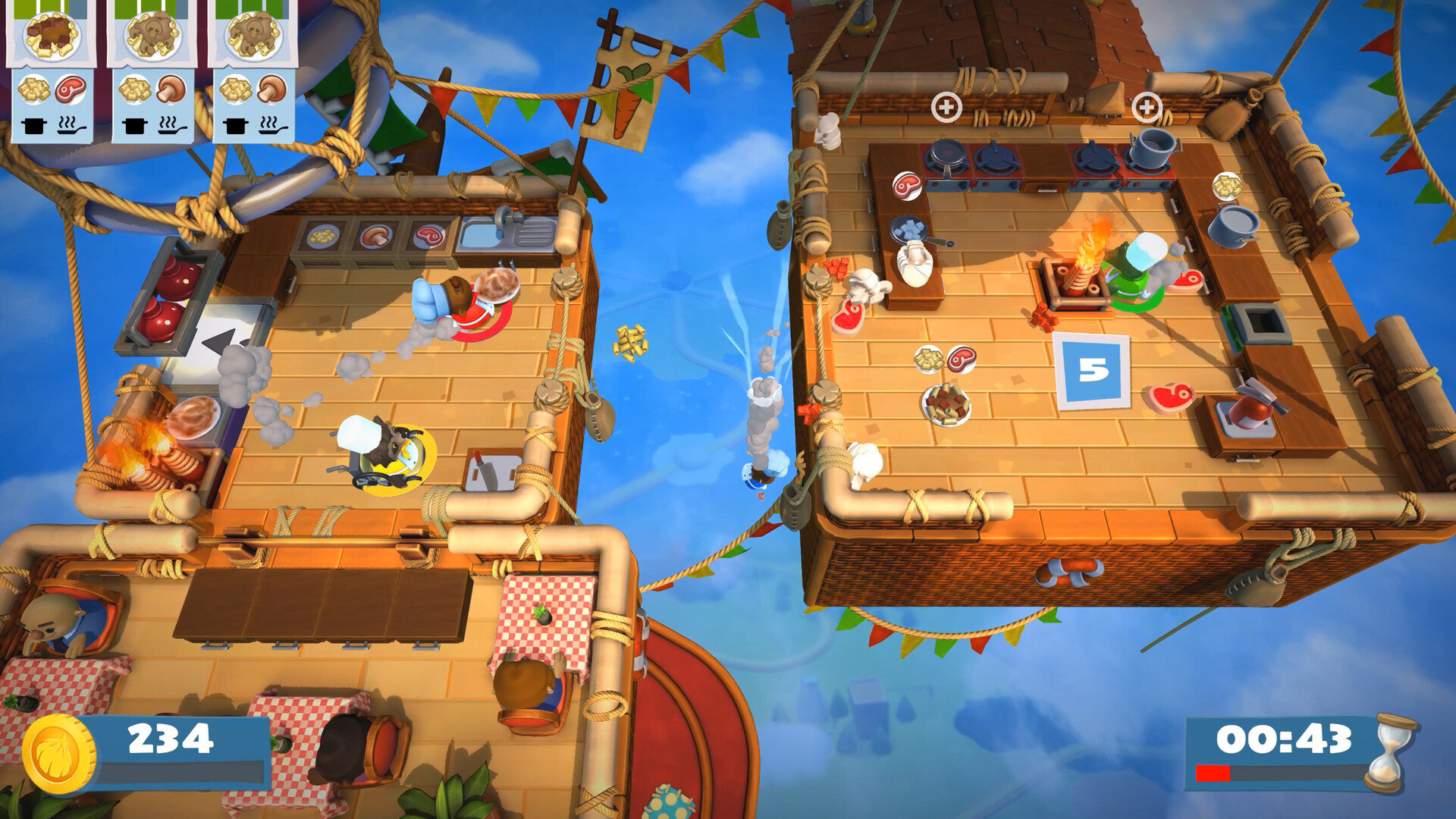
Gaming’s role in education keeps growing. As games get more advanced, they model more complex systems. Students today engage with the same simulations that professionals use for training. The gap between fun and career development tools shrinks every year. Tomorrow’s workers will need the flexible thinking and resource management skills that games naturally build.
Adding gaming ideas to educational design speeds up. Adding game mechanics to non-game contexts helps, but full games offer deeper engagement. Students benefit most when games are part of balanced educational approaches, adding to rather than replacing traditional methods.
Resource management skills from gaming provide foundations for lifelong learning. Students who master these skills early gain advantages that grow throughout their education and careers. The virtual challenges they overcome today prepare them for the real challenges they’ll face tomorrow.



This is a fascinating take on how video games can be more than just entertainment. It’s great to see the connection between gaming and real-life skills like resource management. Learning through play can be incredibly effective!
I completely agree! It’s interesting how games can simulate real-world scenarios, allowing students to practice decision-making and strategic planning in a fun way. This skill can be especially valuable in managing time and resources in their studies and future careers.